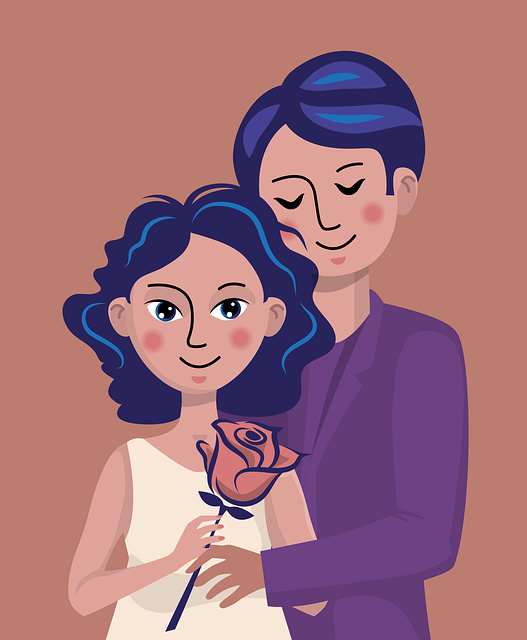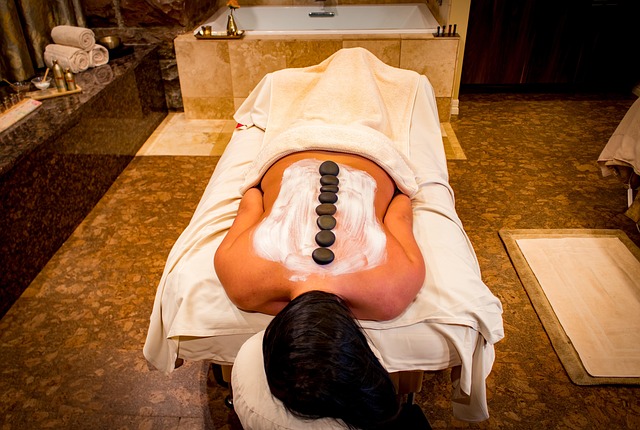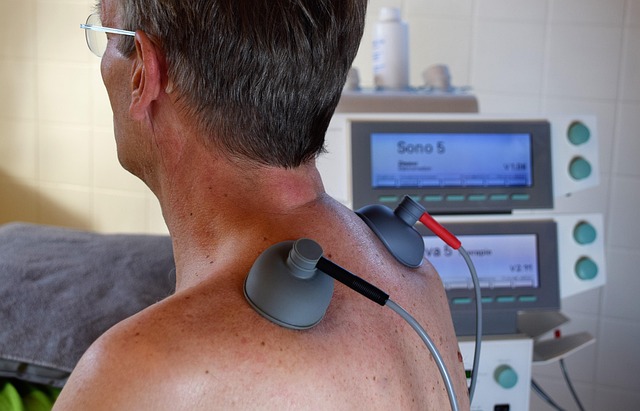Couples workshops and seminars utilize structured programs with expert-led guidance and interactive activities to enhance relationships. Relationship therapy, integrated into these events, offers evidence-based strategies for communication, conflict resolution, and intimacy. Through various topics like communication skills, conflict resolution, and rebuilding trust, these workshops aim to strengthen bonds, navigate challenges, and reignite romance. Facilitation techniques include icebreaker activities, group discussions, and role-playing to create safe, engaging environments. Success is measured by participants' implementation of learned strategies, with follow-up sessions tracking progress and providing tailored support.
Couples workshops and seminars play a pivotal role in enhancing and strengthening relationships. This article delves into the purpose, benefits, and popular topics of these sessions, emphasizing the crucial role of relationship therapy. You’ll explore how effective agenda design and engaging facilitation techniques can transform interactions, along with strategies to measure success and ensure follow-up. Discover practical ways to foster meaningful connections and improve partnership dynamics through tailored workshops.
Understanding the Purpose of Couples Workshops and Seminars

Couples workshops and seminars serve as powerful tools for enhancing and strengthening relationships, offering a dedicated space for partners to reconnect, communicate, and grow together. These structured programs are designed to provide guidance, support, and new perspectives on various aspects of relationship dynamics. Through interactive activities, expert-led discussions, and group exercises, participants gain valuable insights into their own connection, learn effective communication strategies, and acquire tools tailored to addressing specific challenges they may face.
The primary purpose of these workshops is to facilitate positive change in relationships by promoting better understanding, empathy, and conflict resolution skills. They offer a safe and non-judgmental environment, allowing couples to explore their bond, identify areas for improvement, and gain new perspectives on maintaining a healthy, fulfilling partnership. Relationship therapy, often integrated into these seminars, provides professional guidance, ensuring participants have access to evidence-based strategies for fostering intimacy, resolving conflicts, and nurturing their love story over time.
Benefits of Relationship Therapy for Couples

Relationship therapy offers a safe and structured environment for couples to explore their issues and strengthen their bond. Through professional guidance, partners can gain valuable insights into each other’s perspectives, improve communication, and develop healthier conflict resolution strategies. This process fosters emotional intimacy, deepens understanding, and promotes long-lasting happiness.
By addressing underlying problems and breaking down unhealthy patterns, relationship therapy empowers couples to make positive changes in their lives. It equips them with tools to navigate challenges, enhance connection, and build resilience as a team. With dedicated support, couples can achieve better harmony, improve overall satisfaction, and cultivate a stronger, more fulfilling partnership.
Popular Topics Covered in These Sessions

In couples workshops and seminars, various popular topics are explored to help strengthen and deepen connections. Common themes include communication strategies, conflict resolution techniques, and rebuilding trust after a breach. These sessions often delve into understanding each partner’s needs and love languages, fostering empathy and intimacy. Relationship therapy is not just about fixing problems; it’s also about enhancing the bond between partners, enabling them to navigate life’s challenges together.
Another significant area of focus is rediscovering intimacy and romance in long-term relationships. Sessions provide tools for couples to reignite the spark, including activities that foster playfulness and shared experiences. By addressing these aspects through relationship therapy, couples can strengthen their foundation, improve mutual understanding, and create a more fulfilling partnership.
Designing an Effective Workshop Agenda

When designing a workshop agenda for couples, it’s crucial to create a structured yet engaging experience that facilitates meaningful connection and growth. Start by outlining key topics relevant to relationship therapy, such as communication skills, conflict resolution strategies, and emotional intimacy. Break down each session into clear objectives, ensuring activities are interactive and tailored to both partners’ needs.
Incorporate a mix of presentations, group discussions, and practical exercises. For instance, begin with an ice-breaking activity to foster comfort and openness. Follow this with interactive workshops focused on specific skills, like active listening or setting healthy boundaries. Conclude with a reflective session where couples can process their learnings and share personal insights gained from the workshop.
Facilitation Techniques to Engage Couples

Effective facilitation techniques are key to successful couples workshops and seminars, ensuring a safe and engaging environment where partners can connect and grow together. Relationship therapy often leverages interactive activities, open discussions, and role-playing exercises to foster meaningful conversations. These techniques not only break down barriers but also encourage active participation, allowing each partner to express their thoughts and feelings while learning from one another.
For instance, facilitators may use icebreaker activities to begin the session, helping couples to relax and connect on a deeper level. They might also incorporate group dynamics exercises that promote teamwork and communication skills, providing valuable insights into how partners interact in various situations. By combining these methods, relationship therapy offers a holistic approach, enhancing intimacy and strengthening the bond between partners.
Measuring Success and Follow-up Strategies

Measuring success in couples workshops and seminars is a multifaceted process, going beyond mere attendance. A key indicator is the degree to which participants implement learned strategies into their daily interactions. Follow-up sessions play a vital role in this regard, offering opportunities for reflection, reinforcement, and addressing challenges encountered.
Effective follow-up strategies may include post-workshop questionnaires, one-on-one coaching calls, or group check-ins. These allow facilitators to gauge participants’ progress, identify areas of continued struggle, and tailor support accordingly. Relationship therapy benefits from this cyclical approach, fostering continuous growth and improvement in communication, conflict resolution, and overall relationship satisfaction.
